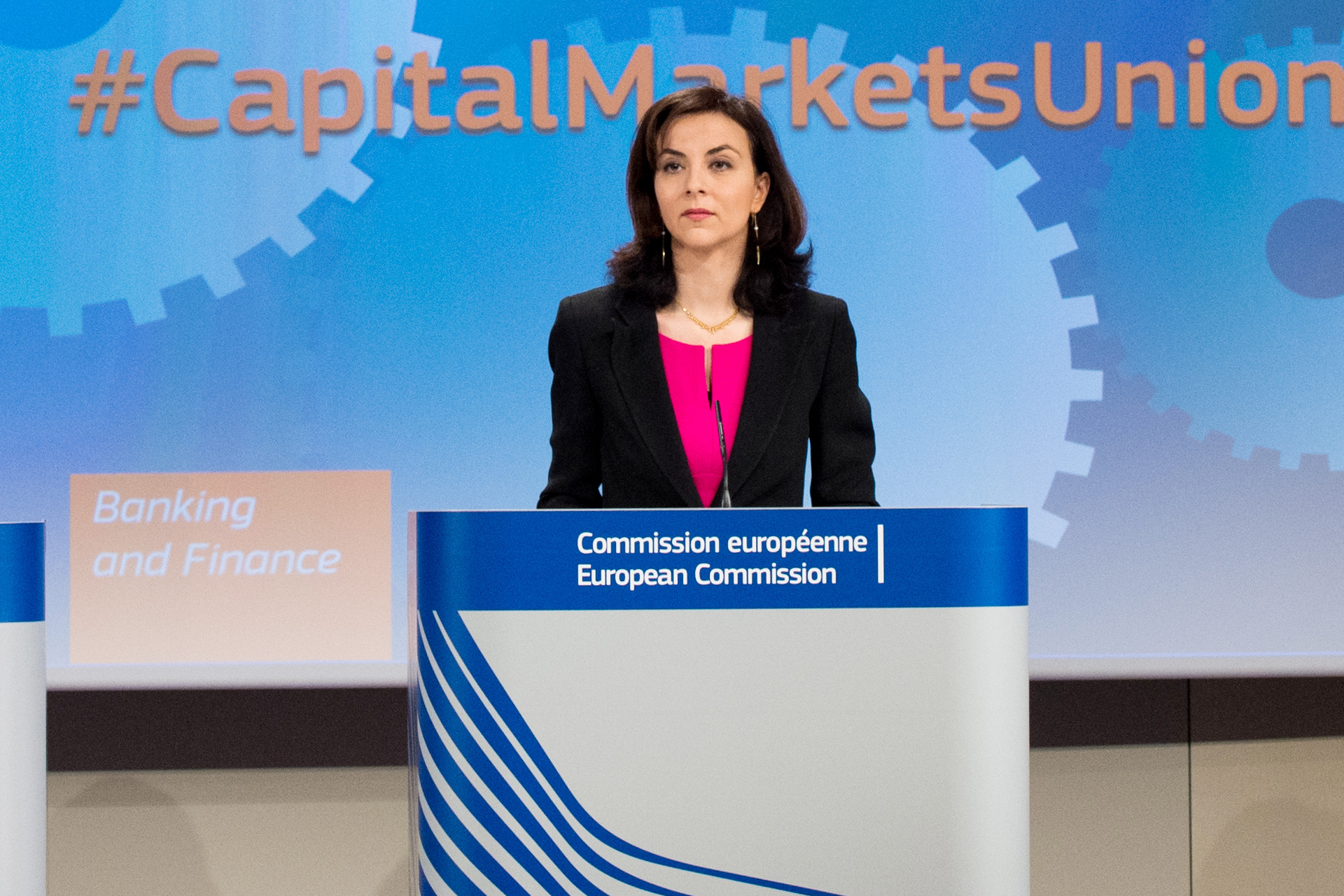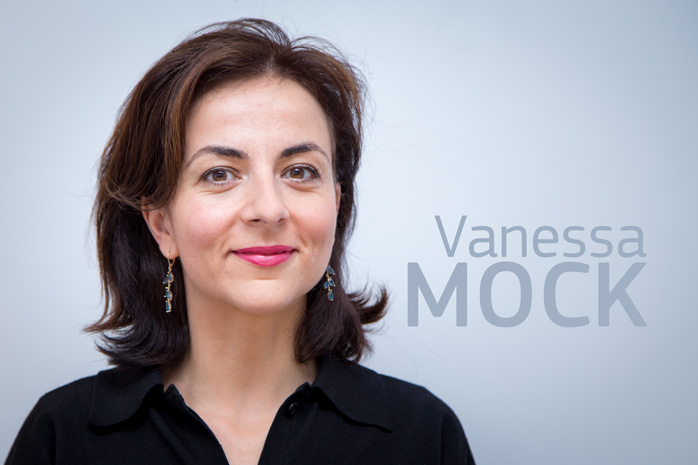Portrait: Vanessa Mock

date: 29/06/2016
You are the spokesperson for financial services and Capital Markets Union, as well as taxation. What are the best things about your job and what are the biggest challenges?
One of the major challenges has been to get my head around the huge array of issues – Capital Markets Union, banking regulation, pensions – as well as all the nuts and bolts of financial regulation. So just in terms of the sheer learning curve it's been quite demanding. Of course, the hours are long and the issues are often very sensitive – so you're fire-fighting quite a lot. But it's also very exciting and actually the more I learn about it the more I realise it's an incredibly important part of what the EU does and also extremely relevant to people's lives. If you think about Capital Markets Union, for instance, and the impact that we would like to have on SMEs and start-ups and businesses trying to raise capital across Europe. Or the work on retail finance, where we’re really trying to help pensioners and savers and help people get better deals on things like their insurance.
You’ve been the DG’s spokesperson since December 2014 – tell us something about what you were doing before that.
When I started my career, my dream was to be a broadcast journalist. So for many years I worked in radio – first in Switzerland, hosting and anchoring a show there, and then for Dutch radio in Amsterdam. After moving to Brussels, I freelanced for the Independent and also worked for a television news agency reporting on the EU and NATO. This meant lots of live shoots and reporting for instance on the NATO angle of the war in Libya, which I found really fascinating. Then I went to the Wall Street Journal, which was totally different but also a fantastic job. I was the competition reporter and also covered energy and climate change. There you had the thrill of having to break stories and be faster and better than your competitors.
So you moved from one side of the microphone to the other! Do you think your experience as a journalist helped you understand what makes a good spokesperson?
Journalism in general is about story-telling. So, particularly with a fairly technical portfolio such as mine, the more you can get away from the jargon and really bring home the story in a way that makes sense for a broad audience, the better. Having a background in journalism makes you much better at anticipating press questions. You can read through a press release and instantly spot all the questions that are likely to arise. One thing I've been trying to do is breathe life into our dossiers by using videos, infographics and key messages, not just dense text. I think that's gone down well and it's certainly what I, as a journalist covering technical areas, always found useful.

